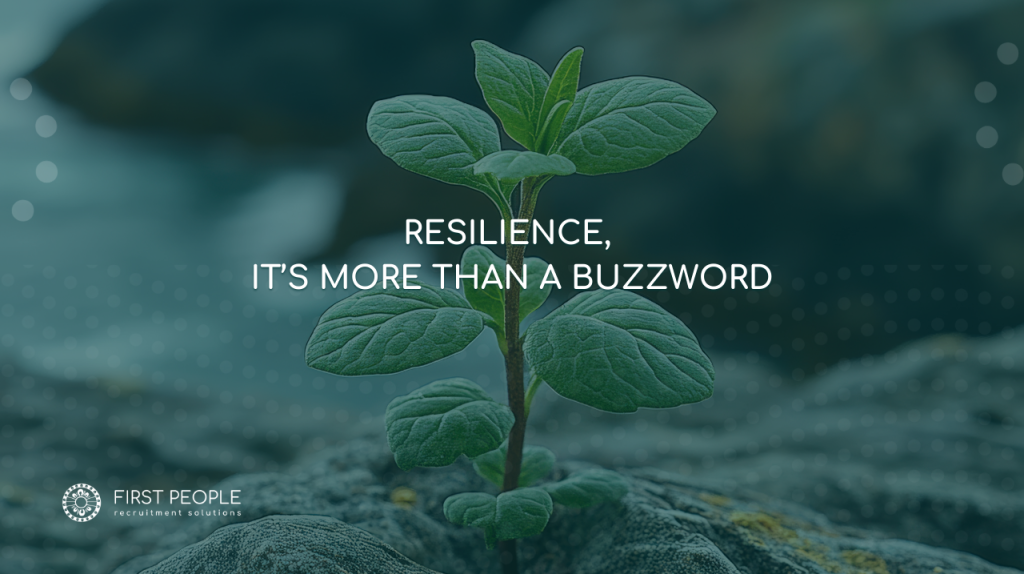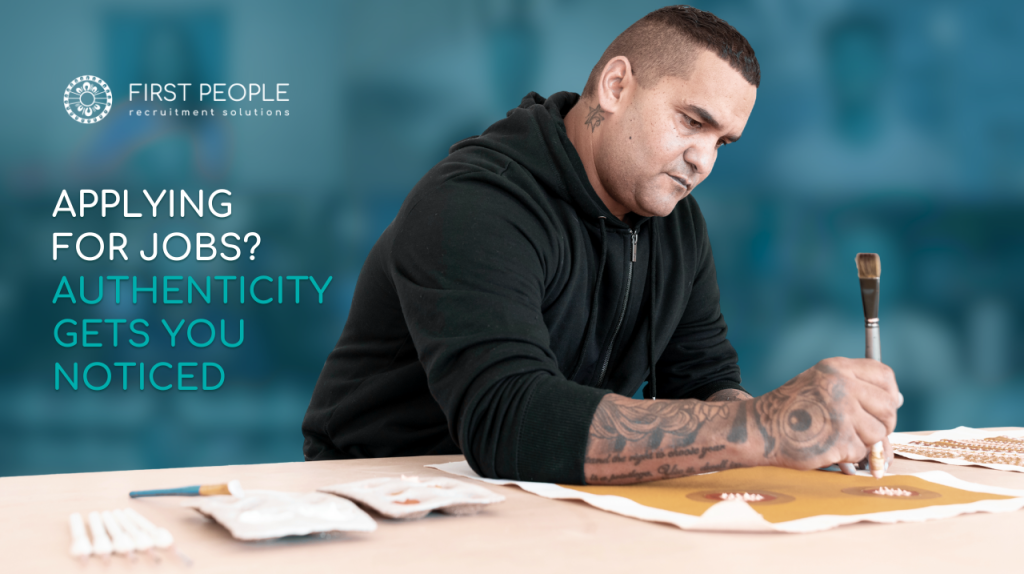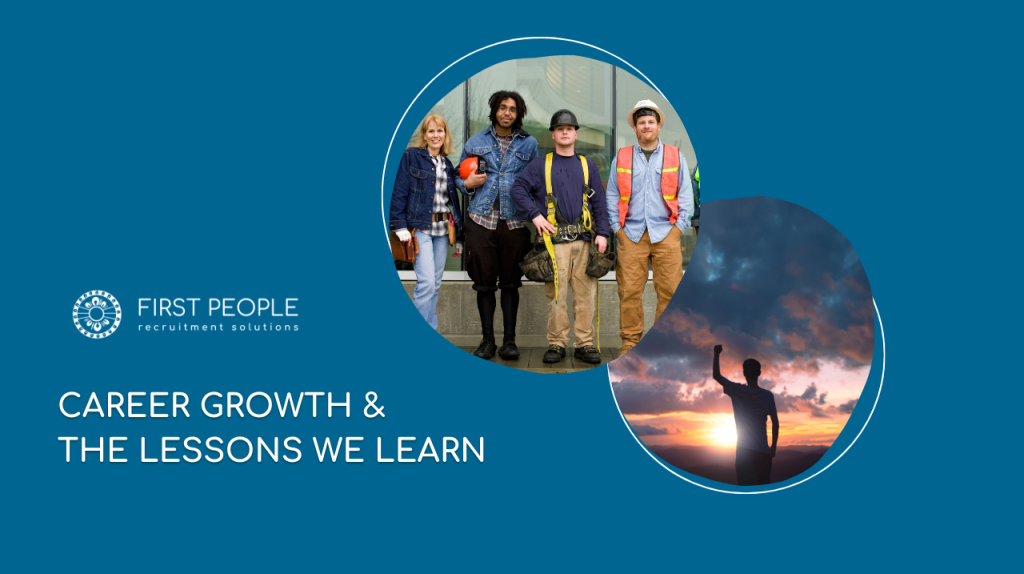Let’s face it, finding professional happiness and fulfillment isn’t a straight line. It’s a wild, twisty journey unique to each of us, often influenced by factors way beyond our control.
Since the pandemic hit, the world has become a lot more unpredictable. Economic shifts, changes in the job market, advancing technology, and the ever-evolving geopolitical landscape all play a part in shaping our careers. Curious about how women are coping, a recent report in LinkedIn shared womens say about their career and overall job satisfaction
The Big Questions
Are women pursuing careers that ignite their passion? Or are they sticking to jobs out of financial necessity, cultural expectations, or family pressures? How much does the “sunk cost bias” or changes in their field impact their job satisfaction?
Before diving into the poll results, let’s break down some key concepts.
Happiness vs. Fulfillment
Happiness and fulfillment often get mixed up, but they’re not the same. Canadian psychologist Dr. Jennifer Barbara explains that happiness is a fleeting feeling of joy or excitement. Fulfillment, on the other hand, is about living a valued life and pursuing what really matters to you. While happiness can be temporary, fulfillment is more enduring and helps us navigate life’s ups and downs.
The career paths we choose are influenced by many factors, which can be categorised into three main pillars:
- Extrinsic Factors: Financial rewards, job security, and prestige.
- Intrinsic Factors: Personal interests, skills, and cultural or gender expectations.
- Interpersonal Factors: Role models, community, and social impacts.
Whether you’re just starting out or years into your career, it’s easy to get stuck in unhealthy career beliefs. Many people stay in jobs out of a sense of obligation or fear of change, rather than following their true passions.
LinkedIn Poll Insights
A recent poll by Sue Parker started asking, “Women – How happy are you in your current career path & profession?” It got 291 responses from Australian women aged mid-20s to mid-60s across various sectors. About 30% were on their second or third career, and 10% were self-employed or freelancers.
Surprisingly, only 8% reported being unhappy, which seemed low compared to what we hear in the media. This might be due to reluctance to admit dissatisfaction or other personal reasons.
To dig deeper, she invited 65 women to participate in a confidential Q&A. They ranked what they liked and disliked about their work, focusing on aspects like responsibilities, flexibility, money, management, and more.
The Results
- Love It: Work responsibilities, making an impact, and learning & development were top favorites.
- 50/50: Freedom & flexibility, learning & development, and clients & stakeholders were most enjoyed.
- Unhappy: Money & security and management & colleagues were the most disliked aspects.
Analysis and Insights
Money and security issues were a common dislike among both 50/50 and unhappy respondents. Those who loved their jobs often found that making an impact was a key factor. Older women, especially those over 50, faced challenges after redundancies, struggling with contract work that didn’t suit their personalities.
Bullying and disrespectful behavior from management and colleagues were significant issues, particularly for women in their 20s and mid-50s. Many experienced professionals felt undermined by peers and managers, contributing to their dissatisfaction.
Food for Thought
Many women felt isolated and unsupported at work, which aligns with research from Job Sage, UK. They found that having a work friend boosted happiness, creativity, and productivity. Remote work, however, has hurt these workplace friendships.
Expecting a perfect career is like chasing a fairy tale. Tim Duggan, author of “Work Backwards,” suggests that to be happier at work, we need to be happier outside of work. He debunks the idea that everyone needs a “calling,” and it’s perfectly fine to just have a job or balance between a job and a career.
One wise respondent summed it up perfectly: “Careers have highs and lows, and it’s important to remember during the lows that this too shall pass.”
With the right motivators, life balance, and a bit of courage, we can all find a path to greater happiness and fulfillment.



